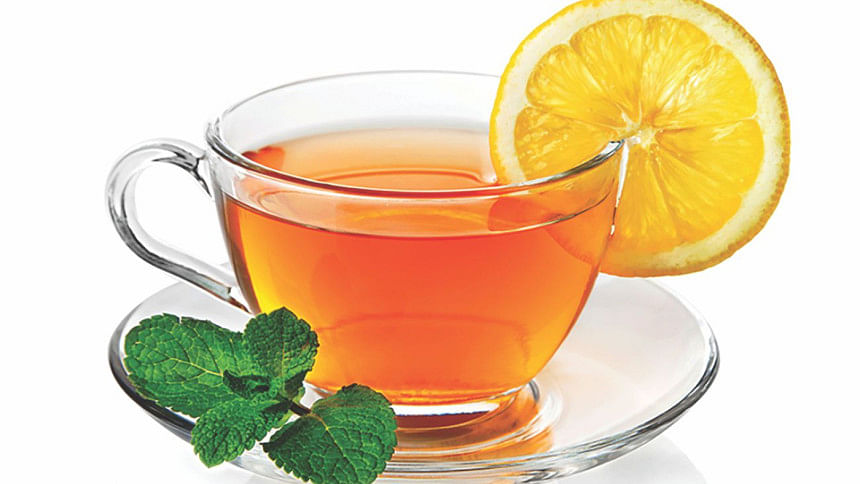The Taste of Malta Chaa

Malta chaa literally translates to orange tea. But the very essence of it cannot be felt only by savoring it in street corners. It is much more – it teaches us something rather life-altering and metamorphic. It is one of the things that soothes and relieves us from the sufferings and disappointments of our daily life.
I came to the realisation while having a cup with a friend on a particularly bleak evening in December. The day was mildly cold, the sky was as orange as it could get, almost the exact color of malta chaa. I had just finished three classes, had a few sleepless nights working on a project, but most importantly, some of the most personally disappointing and disheartening days anyone could have. Anyway, I was by the side of a lake, with a friend – and suddenly, as I looked carefully into the cup, I wondered how beautiful it looked under the very last disappearing orange light. And for a moment, for the briefest of moments in a long time, I felt content. This minute juncture in time had made me feel more connected to myself than I could have ever felt. And as I looked at my friend, he nodded a yes and smiled, as if he felt the same. Here's the lesson it taught me: It is never the colossal, hefty moments in life that could make us happy. True happiness comes from small things, the 'malta chaa(s)' of life. They may be the smile of your mother, or when you think of a very beautiful childhood memory, it is what makes some parts of life, sublime.
Maybe, Seneca understood the same rhetoric when he said, "The greatest blessings of mankind are within us and within our reach. A wise man is content with his lot, whatever it may be, without wishing for what he has not." And he will eternally be right – humans will never let go of their burning desire to gain satisfaction from more and more objects. Malta chaa essentially teaches us to look deeper into things, and see the beauty of it, even if flawed. Would it really matter if the cup had slightly less sugar? Even Socrates agreed that, "The secret of happiness is not found in seeking more, but in developing the capacity to enjoy less." You see, the matter with truly understanding the taste of malta chaa is it's consistent simplicity. It is understanding the very fact that maybe deciphering something ten times complex could not have equaled the contentment felt by it. The taste of malta chaa is looking into the most perpetually common things, yet perceiving it differently, maybe not exaggerating, but actually seeing its true and bare beauty.
These 'malta chaa(s)' of life are left-handedly capable of being a constant source of joviality and bliss. It helps make the burdens of living gracefully bearable, or maybe, if well understood, enjoyable. With that being said, may every person find, and taste the warmth of the malta chaa of their lives, under an equally orange sky with a friend who truly understands, because, isn't that what makes life worthwhile?

 For all latest news, follow The Daily Star's Google News channel.
For all latest news, follow The Daily Star's Google News channel. 



Comments